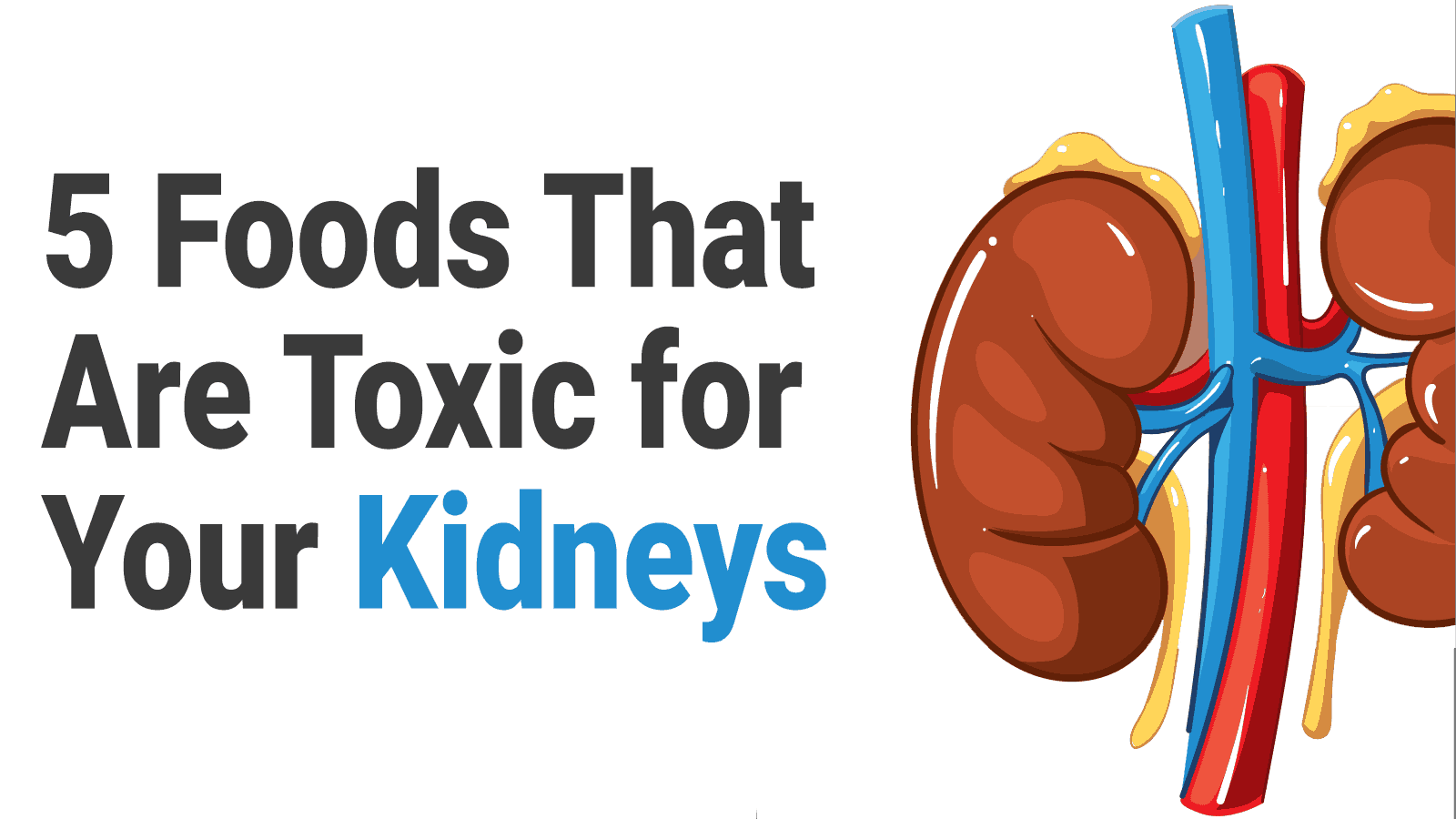Dehydration is a state that results in the body not having the required amount of water to function optimally. Poor hydration arises from a higher loss of water from the body as compared to the intake. The body naturally loses water through sweating, urinating, and breathing.
However, when such processes expel more water from the body than is consumed, the body starts to present dehydration symptoms. The symptoms of insufficient water in the body typically range from mild, moderate, or severe. Mild and moderate symptoms of poor hydration are treated through oral intake of fluids while severe dehydration often requires intravenous replacement of fluids due to the urgency of the situation.
Causes of Dehydration
Every person is susceptible to poor hydration depending on the activities one engages in, but children are often at greater risk due to the condition. Outdoor physical activities such as sports and workouts can cause an increase in the body’s water loss through sweating in conjunction with air that enhances evaporation. Other conditions that can exacerbate dehydration include diarrhea, fever, and vomiting. Some people experience diarrhea, vomiting and stomach upset simultaneously, and this can lead to extremely high water loss. Also, some diseases, such as diabetes, typically cause increased urination, which can lead to body water loss.
Symptoms of Deyhdration
Some of the symptoms of poor hydration include:
- Lethargy
- A low output of urine
- Confusion
- Abdominal pain
- Headaches
- Dry mouth and bad breath
- Extreme thirst
Mild symptoms
Mild symptoms occur when one loses about 2% of the body’s optimal water content. In this case, the person experiences thirst and loss of appetite. If you engage in physical activity during such a period, you will have low endurance, fatigue, hot flashes, and experience an increased heart rate. Moderate symptoms often start at about a 5-6% loss of water, where you experience dizziness, headaches, tingling in the limbs, and high body temperature as the body loses its ability to cool down through sweating.
Severe symptoms
Severe symptoms arise at about 10-15% loss in fluids, and in this case, you could experience low or no urination, poor vision, painful urination, shriveled skin, muscle cramps, and delirium. Symptoms at higher than 15% fluid loss often result in coma and death.
In adults, the levels of dehydration are often progressive because of poor nutritional habits. Many people train their bodies to consume little water to avoid frequent urination at work, school, and during bedtime. Consequently, you are unlikely to experience thirst and will not know when your body needs water. This progresses to the moderate stage, where you experience dry skin, and if you do not mitigate the situation, the symptoms can become severe.
Studies show that you can test for lack of water by pinching your skin. Hydrated skin returns to normal instantaneously after pinching, while dehydrated skin may appear tented and slowly retreat to normal. The color of urine can also be an alarm to notify you of poor hydration. Normal urine should have a slight tinge of yellow. If a person experiences poor hydration, then they excrete deep-yellow urine.
A dry mouth and bad breath are also symptoms of poor hydration. John P. Higgins, a professor of Medicine at The University of Texas, noted bad breath occurs when you do not produce enough saliva, which leads to an overgrowth of bacteria in the mouth.
Poor Hydration: Why The Condition is Dangerous
Interferes With Kidney Functions
The body experiences adverse medical conditions during dehydration, and the severity of the condition depends on the extent of poor hydration. As the body loses water, it increases the level of salts and minerals in the body. The salts and minerals crystallize and settle in the kidney, leading to the development of kidney stones. Kidney stones can result in episodes of painful urination and severe abdominal pain. The remedy, in this case, is to consume ample amounts of water to pass the stone easily. Poor hydration inhibits the kidney’s ability to pass sufficient waste through urine.
Hypertension
Research also shows that when the body’s cells have insufficient water, the brain prompts the production of vasopressin, a compound that leads to the contraction of bile ducts in the liver and blood vessels. Such contraction increases blood pressure and causes hypertension, while the contraction of bile ducts can result in the development of gallstones.
Irregular Body Temperature
Poor hydration can also create a vicious cycle of fevers and chills. Insufficient water in the body causes fevers and, subsequently, accelerates sweating. Sweating leads to the loss of additional water and thus increases the severity of symptoms of poor hydration. Heat injuries in the form of muscle cramps may also occur when one is exercising or working outside during hot weather. When you sweat without replacing the water, the muscles contract frequently and painfully due to increased sensitivity. Other heat injuries include exhaustion and heat strokes, in severe cases. In addition, it is crucial to note that you can experience dehydration symptoms during cold weather if you do not consume enough water.















 Community
Community

